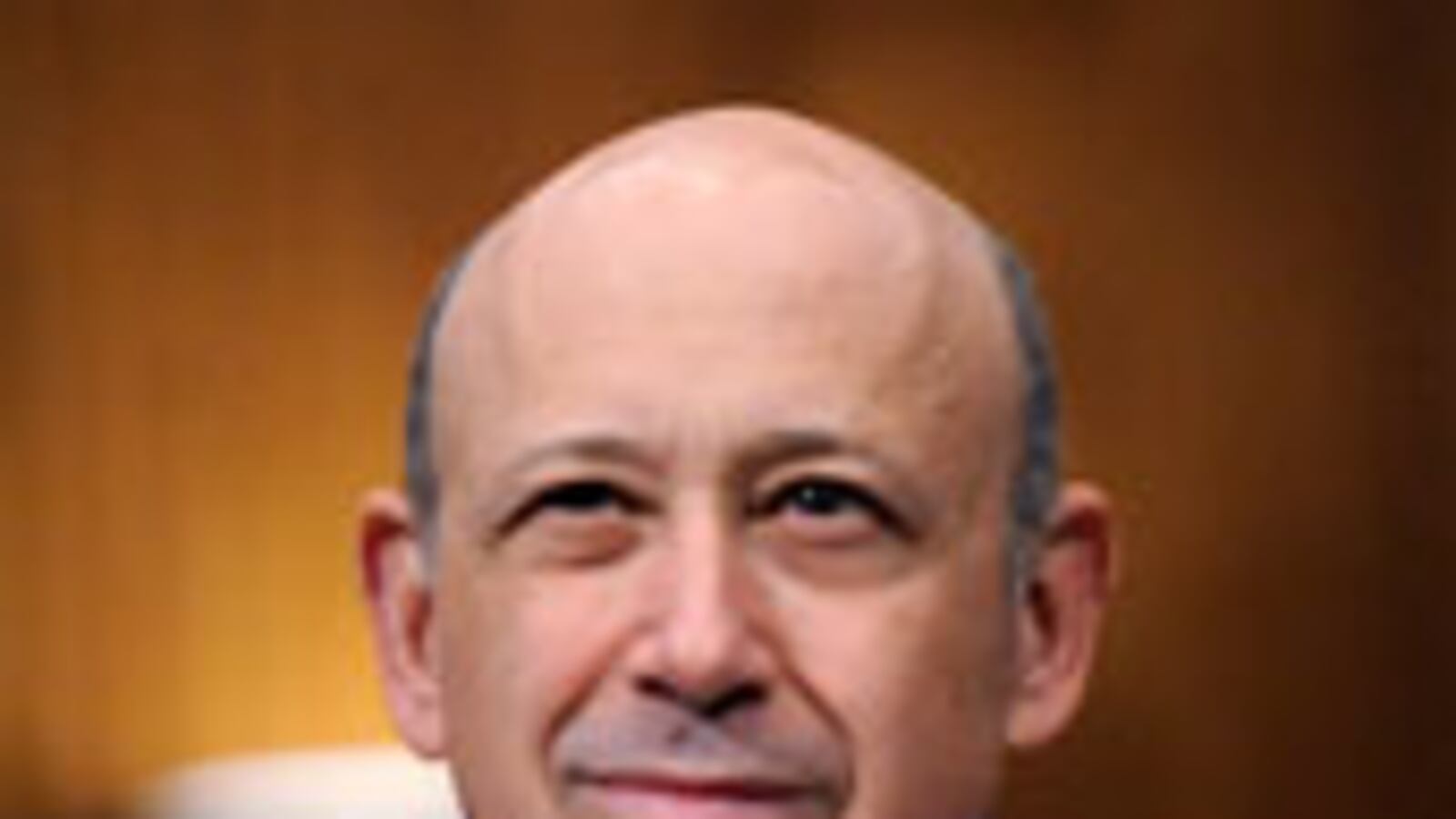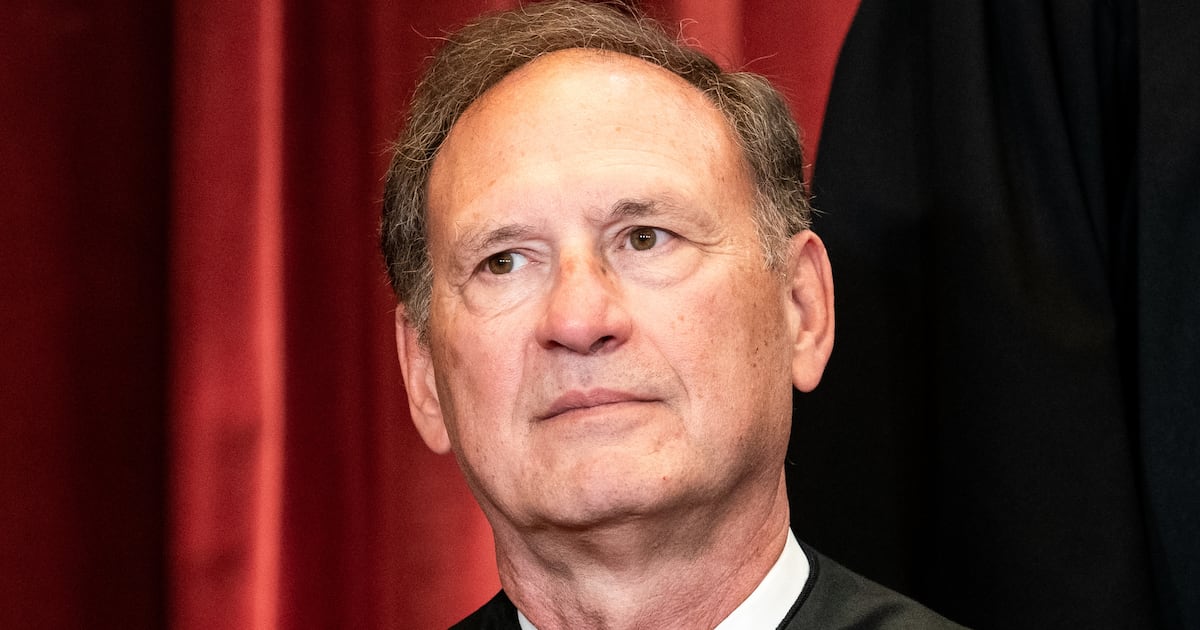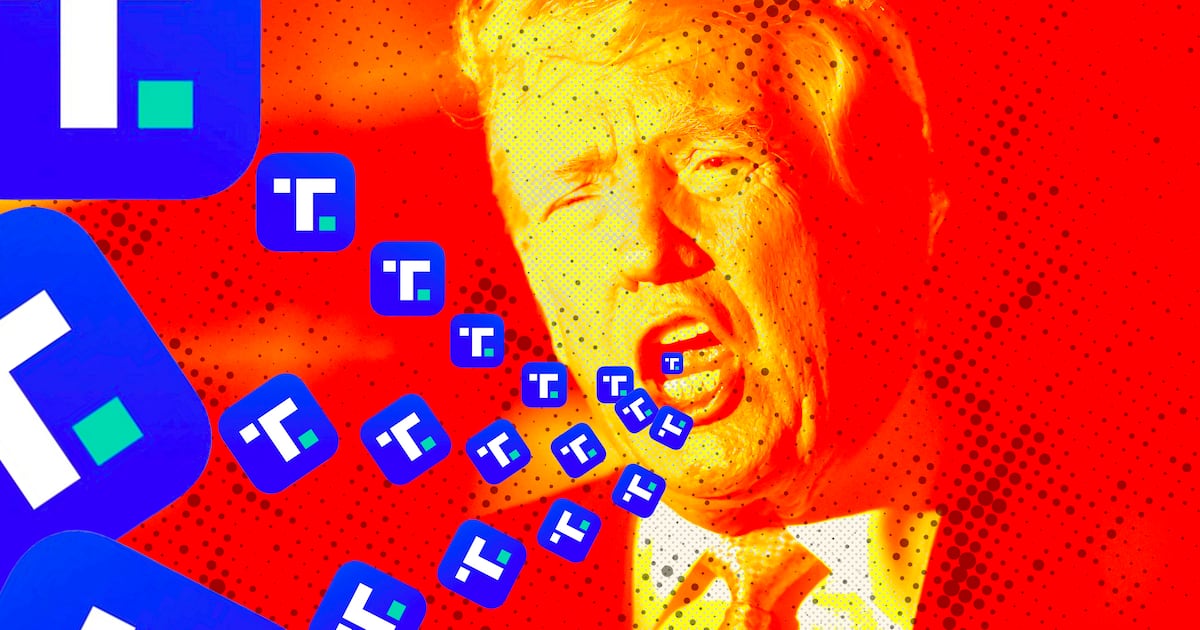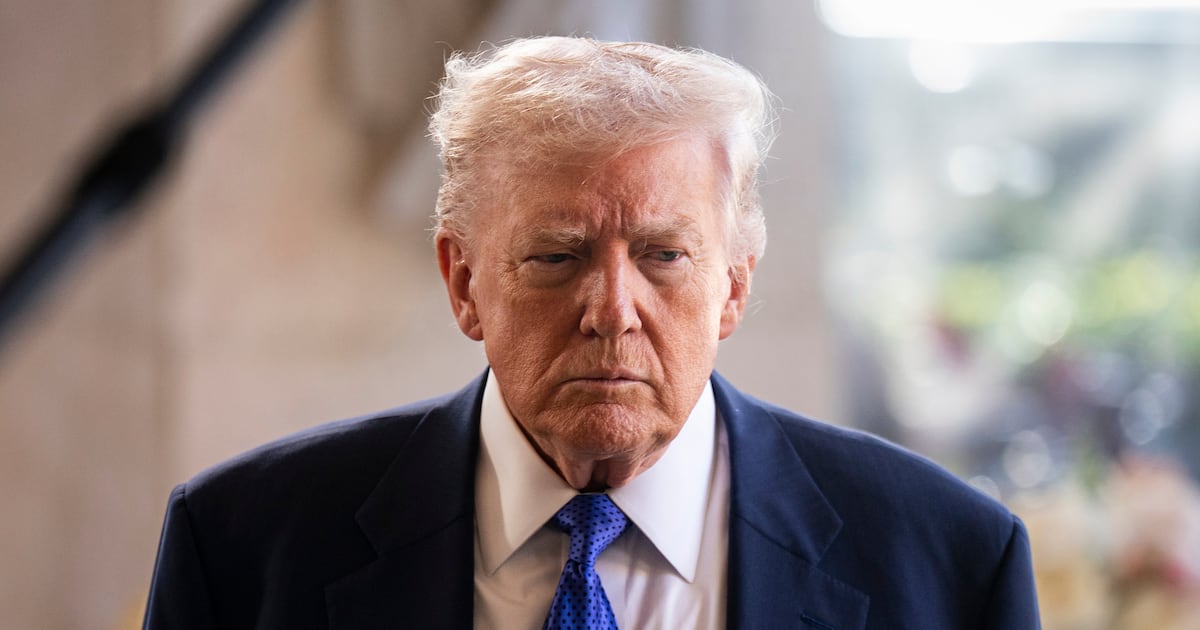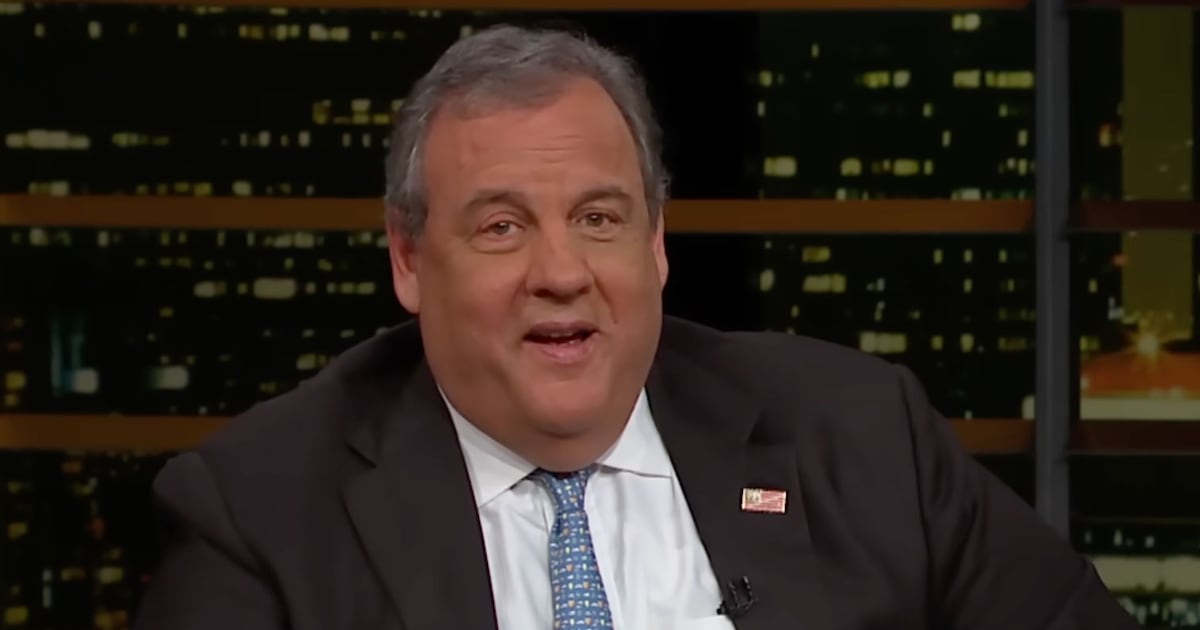
Absorbing the gush of news yesterday afternoon, I was struck between the eyes by the fact that the financial reform bill had sailed blithely through the political portals on the very same day on which it was announced that Goldman Sachs would settle its potentially castrating lawsuit with the SEC (a body now known in the Varadarajan household as the “Securities Eyewash Commission”). As they say in the movies, all coincidences are purely coincidental! (If you believe that, you’re my wife’s aunt’s second cousin’s grandma’s neighbor in Winston-Salem.)
What beautifully cynical choreography we have just witnessed. SEC itur ad astra! Put bluntly: The timing of the settlement makes it clear that the Goldman suit was politically motivated from the start. Was this an egregious abuse of power? Answers on a postcard, please, to Mary Schapiro, Chairman, SEC, 100 F Street, NE Washington, DC 20549.
Goldman has, effectively, bought its reputation back.
Put aside, for a moment, that Goldman has to cough up (if that’s not a phrase too vigorous for the mild expectoration mandated by the SEC) only four days’ worth of 2009 revenue. Put aside, also, the seemingly eye-catching fact that the fine levied on Goldman, $550 million, is the heftiest ever levied by the SEC on a Wall Street shop. Put yourself, instead, inside the pulsing heart of Goldman, and feel the blood course triumphantly through you: $550 million, when many were talking of Goldman, earlier this year, in the hushed tones reserved for the terminal uncle; $550 million, when many saw the SEC suit as the battering ram against the walls of Wall Street, one that would lay waste not merely to Goldman, but an entire way of deliciously thin-iced and lucrative life. (The increase in Goldman’s market cap, following the announcement of this treaty, was in the region of $3 billion. Nice work if you can get it. Do the math, Robert Khuzami…)
What is more, the fraud charge has evaporated—poof! We know now that the suit was all a charade: It was Sturm und Drang, a son-et-lumiere show put on to ignite the masses as the administration went after Wall Street. Dry ice, guitar riffs, bouncers, mobs: Gather round as we harangue the rich and evil bankers who have impoverished not merely your households, but all America. We can see the suit now, clearly, for what it truly was: a smokescreen to smooth the passage of the populist, and deeply flawed, Dodd-Frank bill.
The SEC announced its charges against Goldman right before the financial-overhaul debate really got going—and now, the bill being in place, the suit is settled. Getting more than half a billion out of Goldman right before he signs the financial-reform bill gives President Obama a chance to say that “financial reform” has teeth. (Please, God, let him not say that in yet another address to a catatonic nation.) In this populist-legislative environment, the administration couldn’t afford to lose to Goldman. If Lloyd Blankfein and his slick dudes had won, a lot of people would have been convinced that the same Wall Streeters who had impoverished America were leading the government on a merry dance.
• Lloyd Grove: Bankers Think Obama’s in an Alternative Reality • Joel Kotkin: Why Business Hates Obama But the government, most probably, couldn’t have beaten Goldman in a court of law (as opposed to one of public opinion). After all, the problem with the SEC’s argument was that nobody really knows one’s counterparty to a trade. For instance, if you buy Apple stock tomorrow, you don’t know for sure if an Apple employee who knows better sold it to you. Every unforced transaction has this in common: the buyer and seller both think they’re on the right side of the trade. The only time you can buy something from a seller who thinks it has value worth hanging on to is when the seller is forced to sell by an immediate need for cash.
Because of that, the banks that facilitate these transactions have always been agnostic about who is on which side. The SEC’s case, in effect, hinged on Goldman’s agnosticism. (Where are you, Richard Dawkins and Christopher Hitchens, when we need you?) Of course, although the government might not have won in court, it couldn’t—credibly—endure a loss. And so a half-billion dollar settlement is something that allows both the SEC and Goldman to claim victory (the latter sotto voce, of course; let the market, not Lucas Van Praag, speak aloud).
In the end, this was payoff from Goldman to the SEC for an abandonment of trial: Goldman has, effectively, bought its reputation back. Eventually, the administration may have calculated—given the ugly prospect of states’ budget messes, not to mention possible carnage in Europe—that it needs to be friends with Goldman more than it needs Goldman to be a scapegoat. (In effect, how to have your scapegoat and eat it, too.)
Eventually, also, it was worth it for both the SEC and Goldman to settle: It’s less than $1 per share of earnings for the latter, a lot less than people feared—and no heads roll at senior-management level, which is extraordinary in these circumstances. And as with this suit, the government and the financial sector ground each other down on the subject of financial reform as well, settling for a negotiated peace that is more Versailles than Vienna. Everything is way too arcane, now, for most folks to understand. And that suits Wall Street and the politicians just fine, thank you.
Tunku Varadarajan is a national affairs correspondent and writer at large for The Daily Beast. He is also a research fellow at Stanford’s Hoover Institution and a professor at NYU’s Stern Business School. He is a former assistant managing editor at The Wall Street Journal. (Follow him on Twitter here.)

